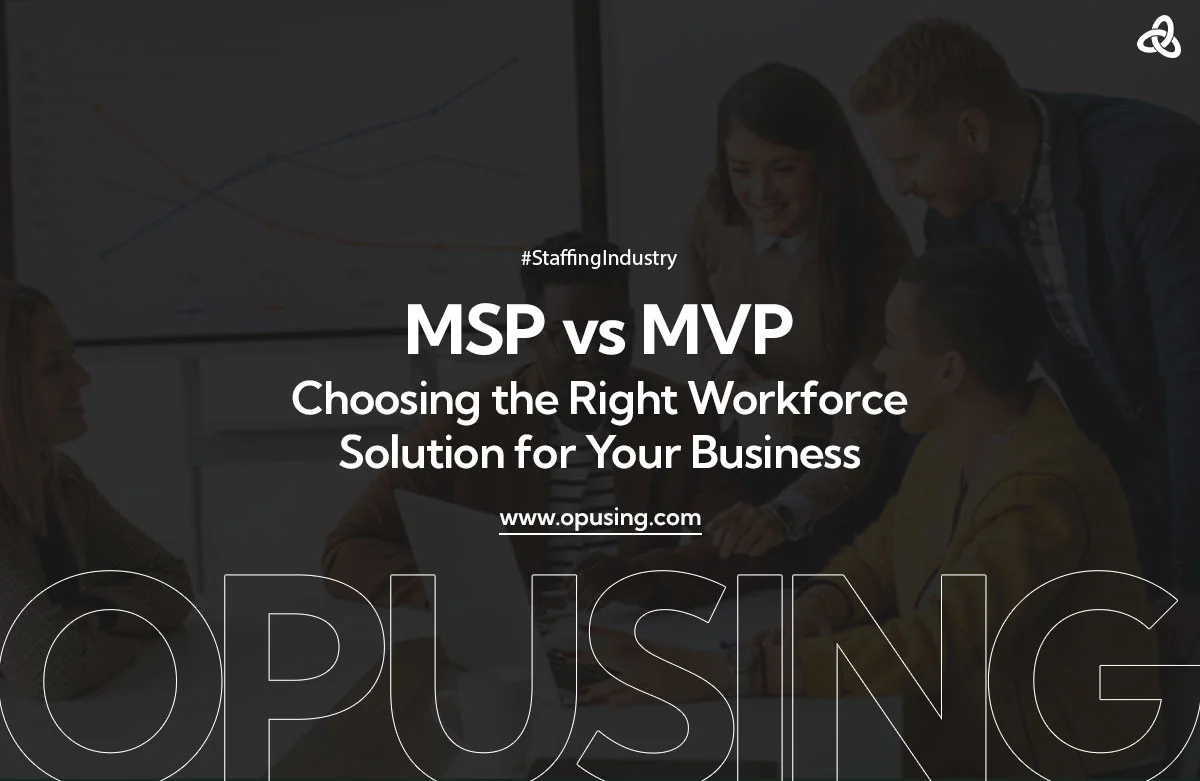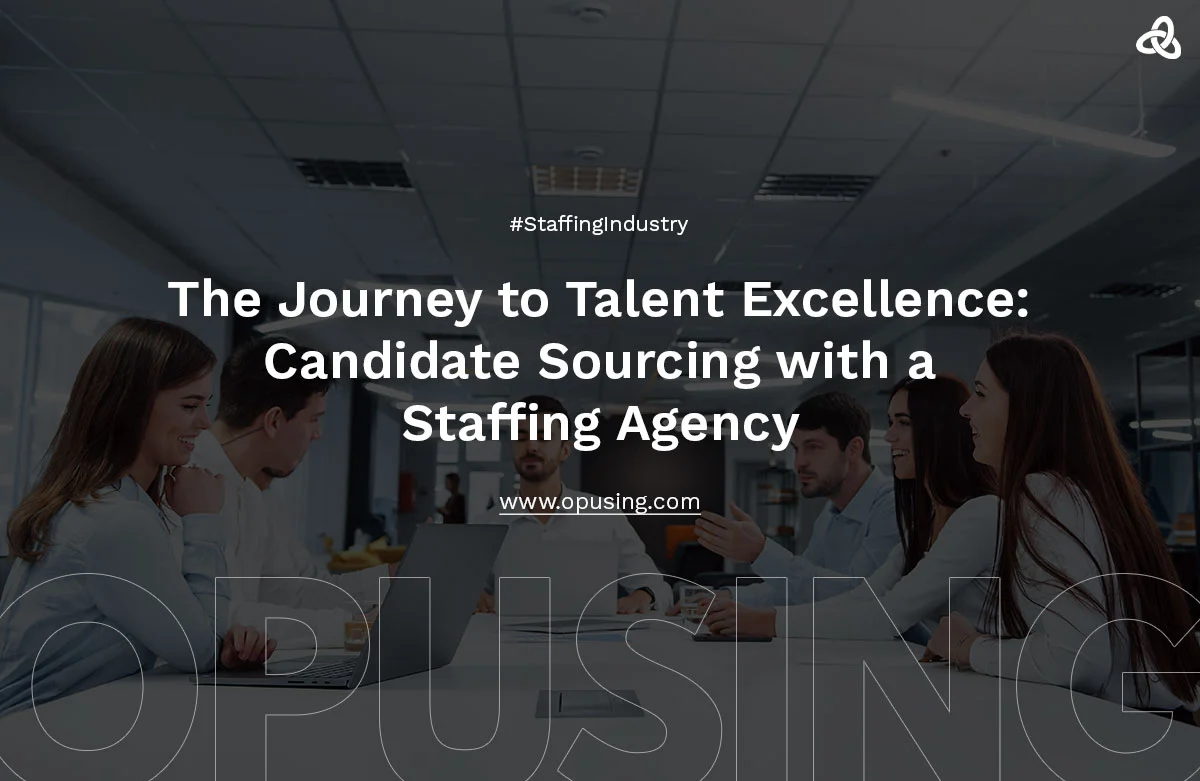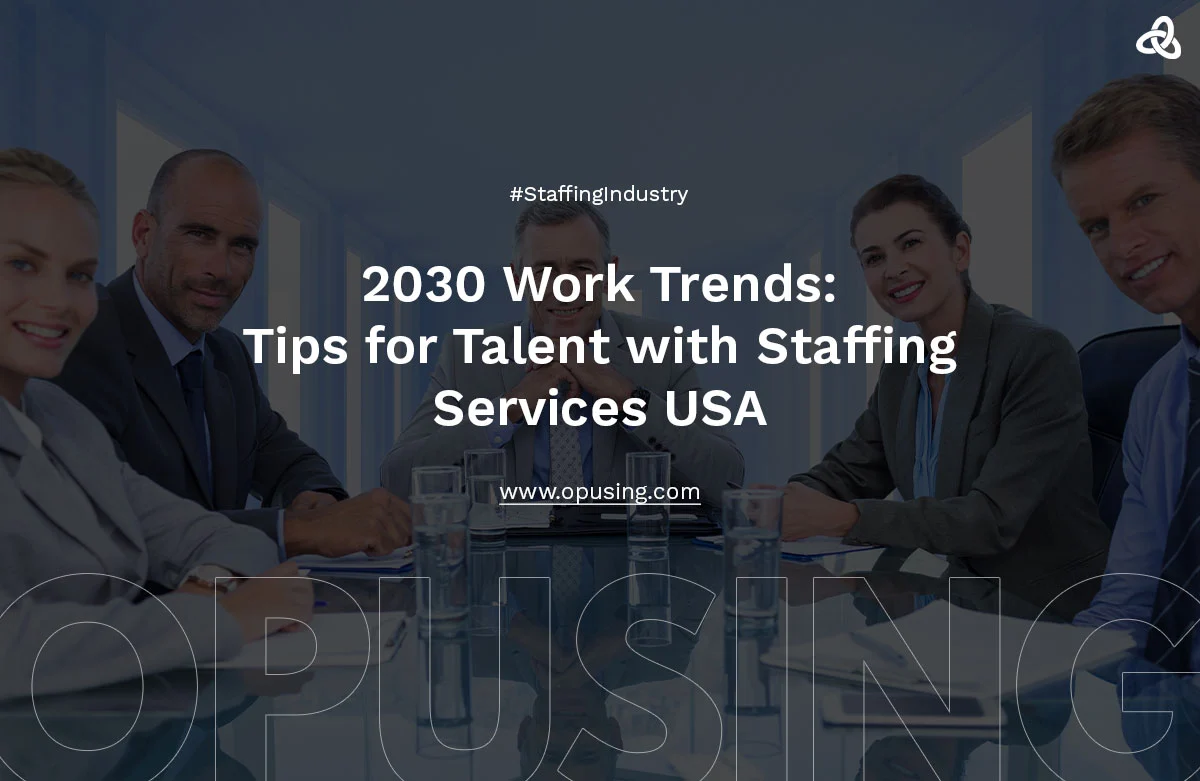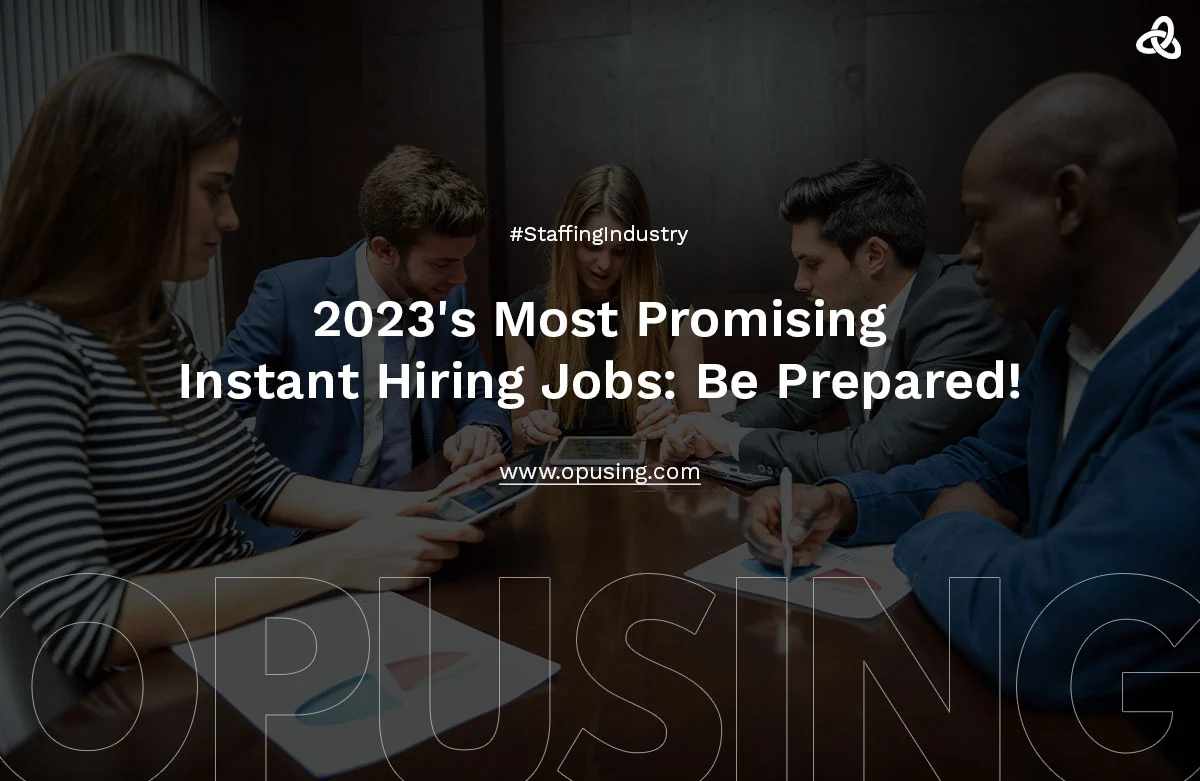MSP vs. MVP: Choosing the Right Workforce Solution
 Shourya Mehta
Shourya Mehta- Dec 17, 2024

Are you aware that global spending on contingent labor is expected to top $5 trillion in 2024 with organizations becoming more dependent on structured programs such as Managed Service Programs (MSPs) and Master Vendor Programs (MVPs)? These aren't just phrases, they're changing how businesses control and optimize their workforce to maintain competitiveness in the ever-changing market.
But which program is right for your business? On one hand, MSPs employ a comprehensive, vendor-agnostic strategy; on the other hand, MVPs gain workforce efficiency through a sole vendor. Knowing the subtleties of each can allow your business or organization to achieve more, spend less, and employ the best people without missing a beat. Let’s go further to find out the differences between these two programs and which one suits your organizational objectives better.
What is a Managed Service Program (MSP)?
What makes an MSP unique:
- Program Management: Provides a single point of authority for managing the contingent workforce.
- Vendors’ neutrality: Procures multiple staffing vendors allowing competitive pricing and suitable talents.
- Comprehensive Metrics: Captures all crucial metrics that enhance the efficiency and effectiveness of the recruitment process.
- Responsiveness: Adjusts to changing dimensions including a surge in demand for the workforce.
Benefits of MSPs:
- Improved Quality of Talent: By utilizing various vendors, you can access the most qualified candidates.
- Improved Cost Effectiveness: Obtains cost savings through relative bidding and the full disclosure of costs.
- Compliance: Guarantees compliance with labor legislation and internal regulations.
- Integration: Most MSPs incorporate VMS platforms which enhance the smooth running of operations and provide reporting.
What is a Master Vendor Program (MVP)?
Important Features of Master Vendor Program:
- Single Provider Model: Operations are made less complex by giving the organization only one main point of contact.
- Streamlined Hiring: The master contractor is in charge of the hiring, hence placement becomes quicker.
- Cost Predictability: As there are pre-agreed rates, there is a high level of transparency.
- Assistance in choosing VMS: VMS adoption problems are avoided by having the master vendor involved in choosing the right system.
Advantages of a Master Vendor Program:
- Management Made Easy: A single vendor means fewer administration activities.
- Building Strong Relationships: Encourages a greater sense of trust with the provider.
- Speedy Services: Direct contact with the vendor enables quick access to talent.
- Customized Solutions: The master vendor can provide custom solutions to meet the company's needs.
MSP vs. MVP: A Side-by-Side Comparison

How to Choose the Right Program for Your Business
Consider an MSP if:
- You need a large number of skilled workers.
- The demand for a workforce is often subject to volatility.
- There is an emphasis on compliance and analytics.
Consider a Master Vendor Program if:
- You want a straightforward, single-vendor solution.
- There are stable workforce requirements.
- You prefer having close relationships with the staffing company.
Conclusion
Both Master Vendor Program and Managed Service Providers are capable workforce strategies, what is important is the specific factors for each business. An MSP may suit your organization better if you have a variety of contingent workers like freelancers, consultants, or temporary staff. Furthermore, if you wish to take a more consolidated approach and do not mind the vendor being a single entity, then an MVP would work well.
Make sure to take your time in making an evaluation of your workforce goals and challenges, looking for a reliable staffing agency to assist you will ensure that you go for an MSP, MVP or hybrid model that is the most optimal for your situation.
workforce solutions
? Get in touch with us now to discover how we can assist you develop solutions that correspond to the needs of your business!Our Latest Blogs

7 Best Staffing Agencies Tips to Make Your Job Application Stand Out From the Crowd
We curated seven tips that the best staffing agencies will approve of to help your job application stand out....
Read More
Workforce Solution: Four Advantages of Converting a Temporary Staff to Permanent Employee
Hiring a temporary workforce is the most advantageous workforce solution. However....
Read More
Staffing Firm Edition: 4 Ways To Make Onboarding Process Effective for Remote Employees
Staffing firms will confirm that changing times calls for a process revamp. Now you need to adjust to....
Read More


